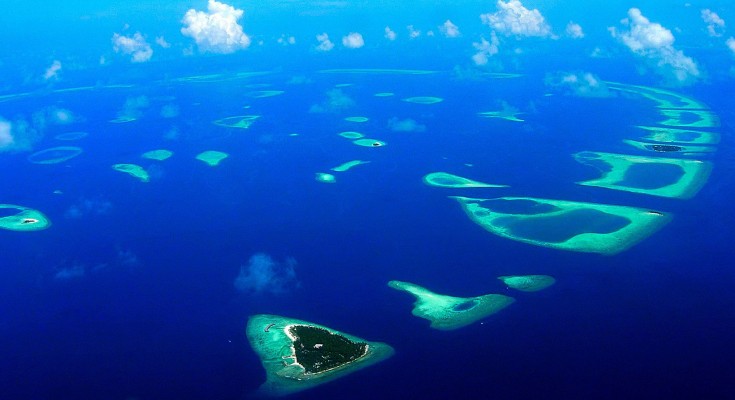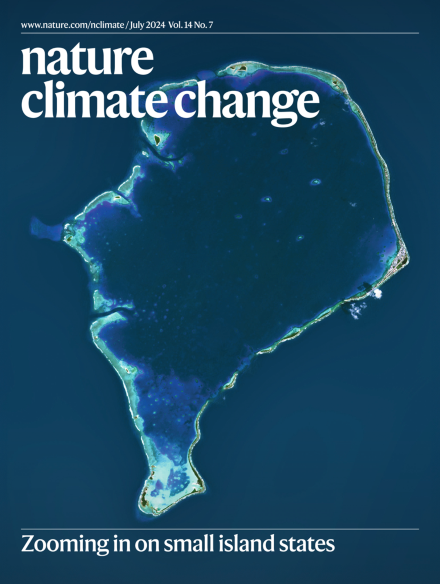
Climate action on small islands
This month, we focus on small island states and territories, highlighting research conducted on these islands and future steps to enhance climate research and action.

This month, we focus on small island states and territories, highlighting research conducted on these islands and future steps to enhance climate research and action.
